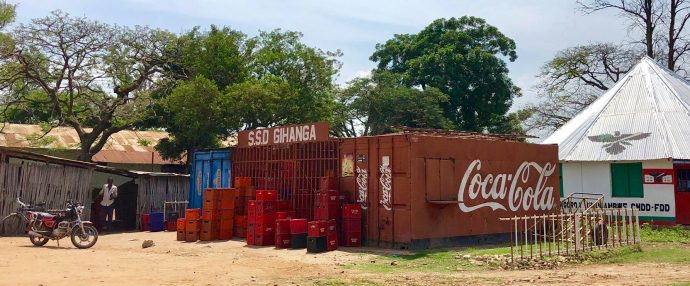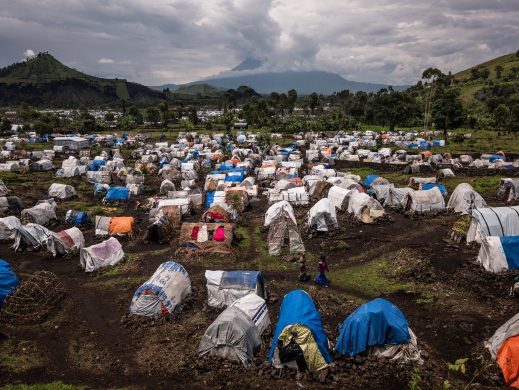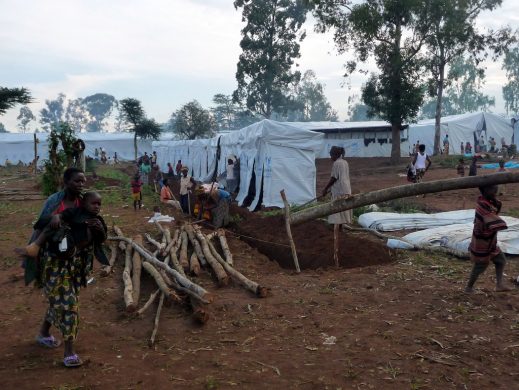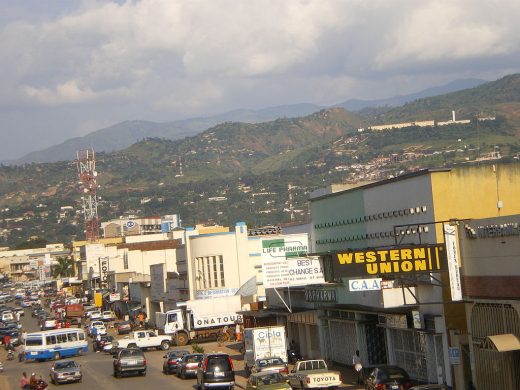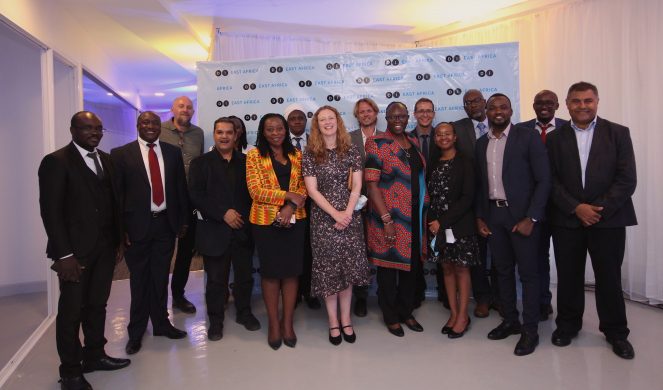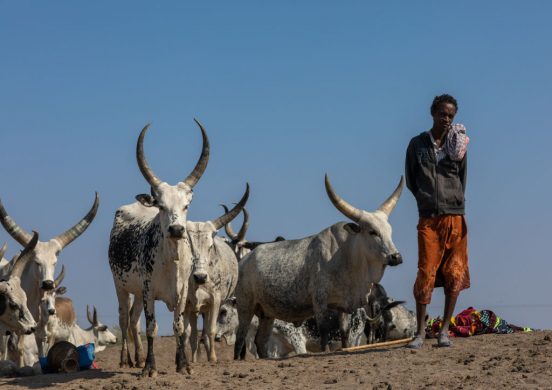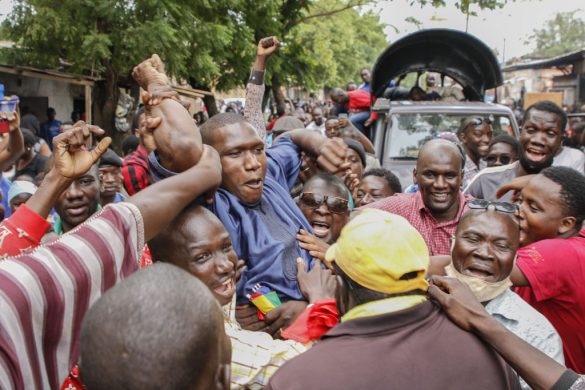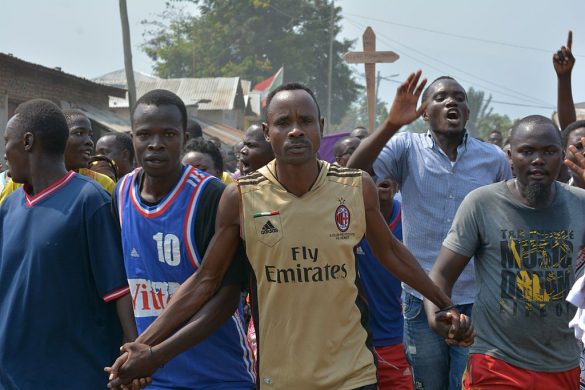In its latest report, Fields of Bitterness (I): Land Reform in Burundi, the first in a two-part series, the International Crisis Group (ICG) examines why reform has failed to improve land governance since the 2000 Arusha peace agreement, says ICG in a press release on Wednesday.
In an overpopulated and rural country, poor land management in part fuelled the civil war and its reform was included in the Arusha agreement.
Fourteen years later, while 90 per cent of the population depends on agriculture, many suffer from malnutrition and land disputes remain a primary cause of violence in rural areas.
Solving the land problem is critical to long-term political stability and economic growth.
The report’s major findings and recommendations are:
- The 2000 Arusha agreement paved the way for an ambitious land reform program. However, the narrow focus on a new legal framework and the creation of a few local land management services have resulted in the government’s failure to deliver on its promises.
- Land governance is still characterised by the absence of effective control over the state’s prerogatives; lack of coordination between relevant institutions; lack of independence of the judiciary; the disappearance of traditional mechanisms for dispute resolution; and gender inequality in access to land.
- In order to revive land reform, the government should, with the support of its international partners, devise a new rural development strategy that fully integrates land policy and reduces inequalities in access to land.
- The government should promote peaceful land dispute resolution by developing the mediation and conciliation capacities of the courts and establishing financially sustainable local land management services.
“Those who signed the Arusha agreement knew that, in an overpopulated country like Burundi, the land problem needed to be resolved”, says Thierry Vircoulon, Central Africa Project Director.
“However, fourteen years later, the land governance system is still unable to end the many disputes, fully secure tenure rights and contribute to peace and rural development”.
“Land reform is stalled and this is silently undermining peacebuilding in Burundi”, says Comfort Ero, Crisis Group’s Africa Program Director. “Faced with rapid population growth, scarcity of arable land and increasing food insecurity, Burundi needs a global vision on land that will address socio-economic realities and break with bad governance practices of the past”.
Læs mere om rapporten Fields of Bitterness (I): Land Reform in Burundi på International Crisis Groups websted.





